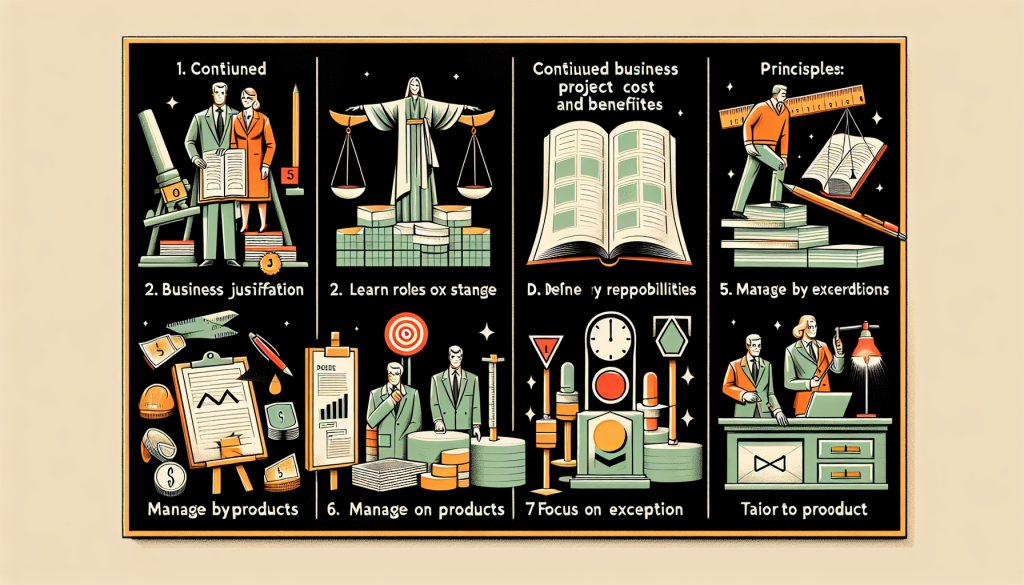Project management is an essential aspect of any organisation, ensuring that tasks are completed efficiently and effectively. In recent years, the PRINCE2 methodology has gained popularity as a framework for managing projects. But is PRINCE2 the future of project management principles?
Clear direction is established when you implement the 7 Principles of PRINCE2 at whatisPRINCE2.net in your project.
PRINCE2, which stands for Projects IN Controlled Environments, is a structured approach to project management that provides a clear framework for planning, executing, and monitoring projects. It is widely used in the UK and around the world, particularly in the public sector and industries such as IT and construction.
One of the key advantages of PRINCE2 is its focus on business justification. The methodology requires that projects have a clear business case, with defined objectives and measurable outcomes. This ensures that resources are allocated effectively and that projects deliver tangible benefits to the organisation.
PRINCE2 also emphasises the importance of clear roles and responsibilities, with defined project management team structures and reporting mechanisms. This helps to eliminate confusion and ensure that everyone knows what is expected of them.
Another strength of PRINCE2 is its flexibility. The methodology can be tailored to suit the needs of individual projects, allowing teams to adapt and respond to changing circumstances. This makes it suitable for a wide range of industries and project types.

However, PRINCE2 is not without its limitations. Some critics argue that the methodology can be overly bureaucratic and rigid, leading to unnecessary paperwork and processes. Others suggest that it may not be suitable for all types of projects, particularly those that require a more agile and iterative approach.
Despite these criticisms, PRINCE2 remains a popular choice for project management, with many organisations seeing significant benefits from its implementation. As the business environment becomes increasingly complex and competitive, the need for effective project management principles is more important than ever.
In conclusion, while PRINCE2 is not the only project management methodology available, it is certainly a strong contender for the future of project management principles. Its focus on business justification, clear roles and responsibilities, and flexibility make it a valuable tool for organisations looking to deliver successful projects. Whether PRINCE2 will become the dominant framework for project management remains to be seen, but it is certainly worth considering for any organisation looking to improve their project management practices.